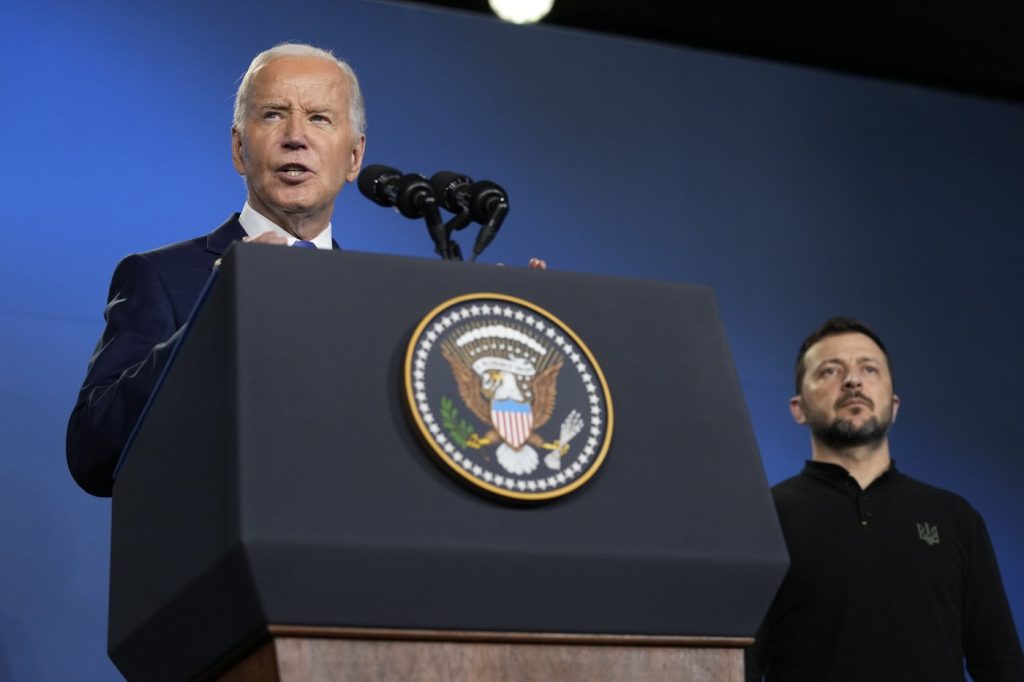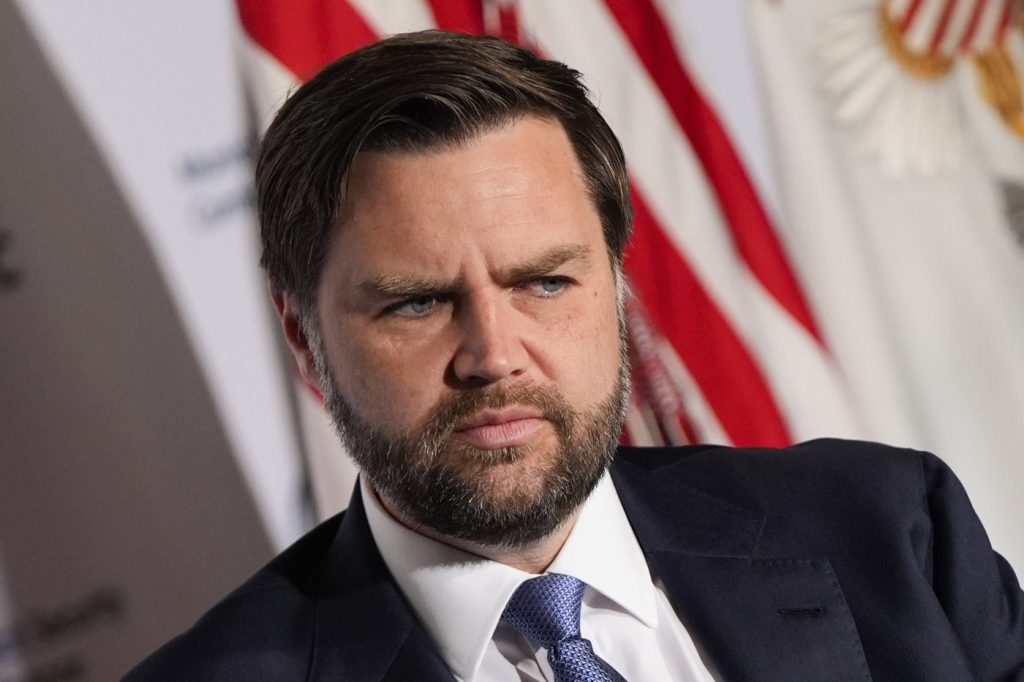LONDON (AP) – In his first post-presidential interview, Joe Biden characterized former President Donald Trump’s pressure on Ukraine to concede territory to Russia as a form of “modern-day appeasement.” This term echoes the historical attempts in the 1930s by British Prime Minister Neville Chamberlain to placate Adolf Hitler's territorial ambitions, a strategy that ultimately failed and contributed to the outbreak of World War II.
Biden's remarks were broadcast on BBC Radio 4’s “Today” program, where he articulated concerns that Trump’s rhetoric regarding the acquisition of territories like Panama, Greenland, and Canada has sown distrust towards the United States in Europe. “What president ever talks like that?” Biden queried, stressing that such statements do not represent American values which emphasize freedom, democracy, and opportunity rather than confiscation.
The former vice president also addressed his decision to withdraw from the 2024 presidential race, allowing Kamala Harris to take on Trump, describing it as a “difficult decision.” However, he noted that changing the decision earlier, as some critics suggested, “wouldn't have mattered.”
The concept of appeasement, which Biden highlighted, relates to Chamberlain’s strategies in the 1930s aimed at appeasing Hitler's ambitions to annex more European territories, ultimately leading to catastrophic consequences. Trump, on the other hand, has consistently downplayed the conflict in Ukraine, branding it a waste of both human lives and American taxpayer dollars. During his presidency, he halted American aid to Ukraine but later resumed it. Recently, the two nations signed an agreement granting the U.S. access to Ukraine’s abundant mineral resources, which Trump suggested could facilitate further American support.
Trump has also publicly stated that Crimea, a strategically vital peninsula seized by Russia in 2014, “will stay with Russia,” further complicating the U.S. and Ukraine’s relationship. Biden expressed concerns about the deteriorating trust between the U.S. and its European allies, suggesting that NATO countries are reconsidering their faith in American leadership. “Europe is going to lose confidence in the certainty of America and the leadership of America,” Biden said, reflecting on the doubts European leaders harbor regarding the reliability of U.S. support.
Of particular concern to Biden is the Trump administration’s suggestion to allow Russia to retain portions of Ukrainian territory in exchange for a peace deal aimed at ending the ongoing conflict. He unequivocally labeled this approach as “modern-day appeasement.” Furthermore, Biden criticized Trump’s treatment of Ukrainian President Volodymyr Zelenskyy during an encounter in the Oval Office, deeming it “beneath America.”
Biden expressed disbelief that Trump's administration could overlook the value of alliances, saying, “I don’t understand how they fail to understand that there’s strength in alliances.” When questioned about Trump’s celebration of his administration’s first 100 days in office, he stated that he would let history deliver its verdict but personally saw nothing “triumphant.”
In sum, Biden's interview underscored the stark contrasts between his approach to foreign policy and that of his predecessor, asserting a commitment to traditional alliances and democratic values over the perceived opportunism of territorial acquisition.












